


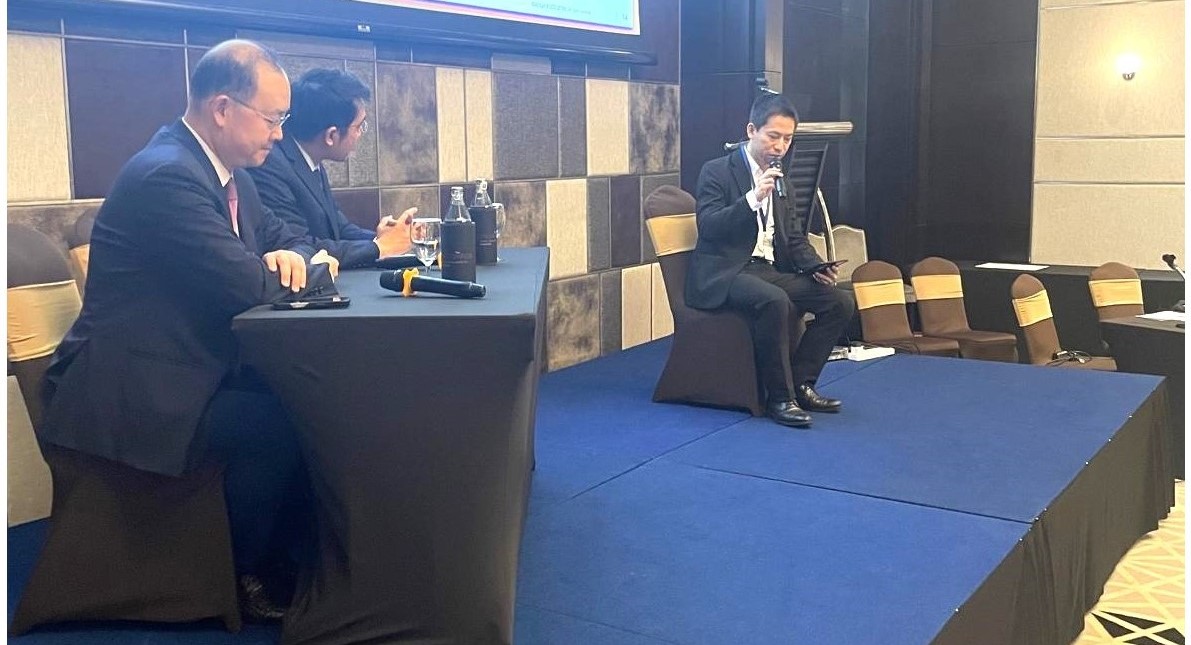
At the heart of the event was a compelling panel discussion moderated by a member of IGPI Singapore. The panel featured Mr. Marty Sinthavanarong, SVP, Head of International Business and Special Projects at Gulf Energy Development, and Mr. Angsutorn Wasusun (Jom), Director of the Bio-Circular-Green Economy Division at the Eastern Economic Corridor (EEC).
The discussion centered on three interrelated themes – geopolitical shifts, sustainability imperatives, and Thai-Japanese collaboration – but it ultimately converged on one single message: In a world marked by uncertainty, Thai-Japanese partnerships grounded in co-creation, shared purpose, and long-term thinking are critical for building business resilience and driving sustainable growth.
The panel highlighted how shifting geopolitical dynamics, particularly escalating tensions among global powers – are reshaping corporate risk assessments and investment decisions. Companies are becoming increasingly cautious in politically sensitive markets, choosing instead to focus on regions offering greater long-term stability and neutrality.
Simultaneously, governments across ASEAN are accelerating efforts to deepen regional integration and diversify trade partnerships. By developing multilateral frameworks and strategic economic blueprints, countries in the region are working to buffer insulate themselves from external shocks while unlocking new intra-ASEAN and India-related business opportunities.
The panelists also emphasized the evolving role of sustainability in corporate strategy. Once viewed primarily as a regulatory requirement, sustainability is now a core driver of competitive advantage, stakeholder trust, and brand reputation.
Companies are actively pursuing long-term decarbonization goals through renewable energy investments, strategic acquisitions, and technology partnerships, with growing recognition that sustainability strategy must be authentic, context-specific, and internally driven.
Thailand’s public sector is creating a favorable environment for this transition. Policies such as the Bio-Circular-Green (BCG) Economy, Thailand 4.0, and the new National Energy Plan signal the government’s strong push toward green transformation. The Eastern Economic Corridor (EEC) continues to be positioned as a leading hub for innovation, offering generous investment incentives for companies aligned with environmental and social goals.
Thai-Japanese business collaboration, with a history spanning decades, is now entering a new phase, defined not just by joint ventures, but by co-investment, co-development, and co-creation.
Japanese companies contribute technology expertise, precision, and long-term commitment while Thai companies bring agility, local market insight, and a strong willingness to innovate. Together, these complementary strengths are enabling meaningful progress in areas such as green hydrogen, infrastructure, and digital transformation.
Beyond individual projects, bilateral strategic action plans are reinforcing these efforts at a national level, with collaboration across human capital development, regulatory reform, and sustainability initiatives.
The dialogue reaffirmed a shared understanding: In today’s fragmented global landscape, collaboration built on trust, shared values, and mutual learning is the surest path forward.
Thai and Japanese enterprises, already closely aligned in culture and vision, are well positioned to lead ASEAN’s transition toward a more resilient and sustainable future.
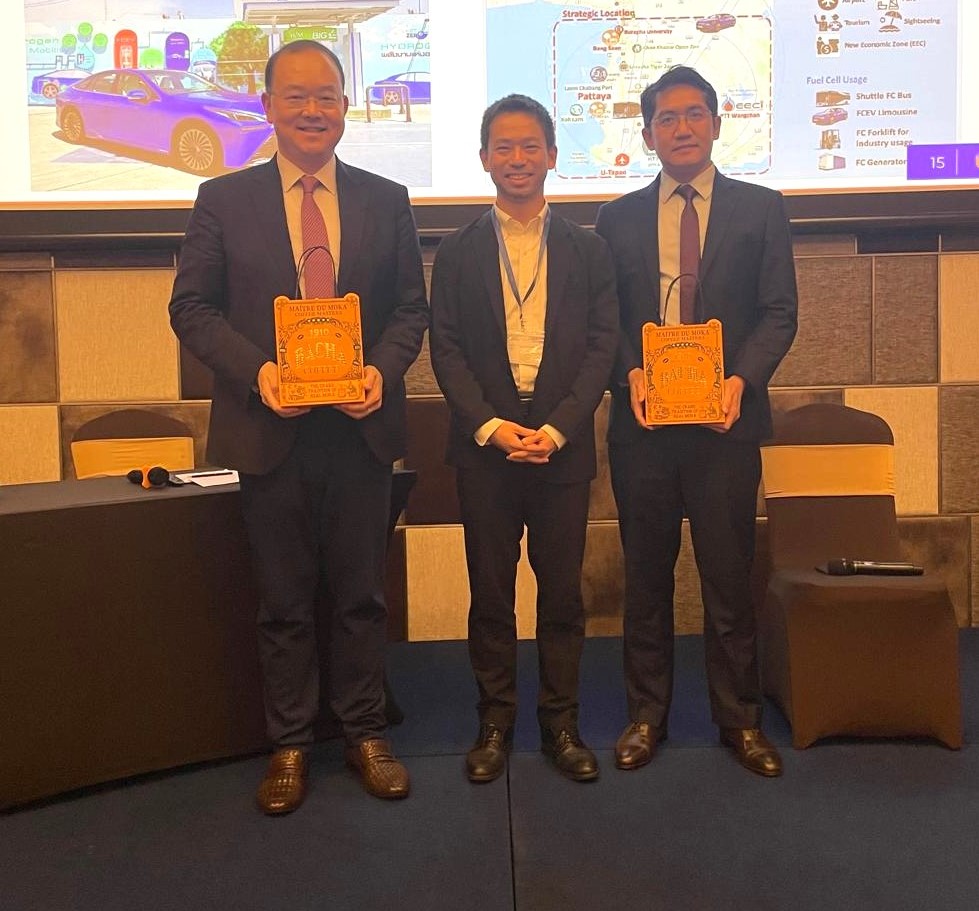
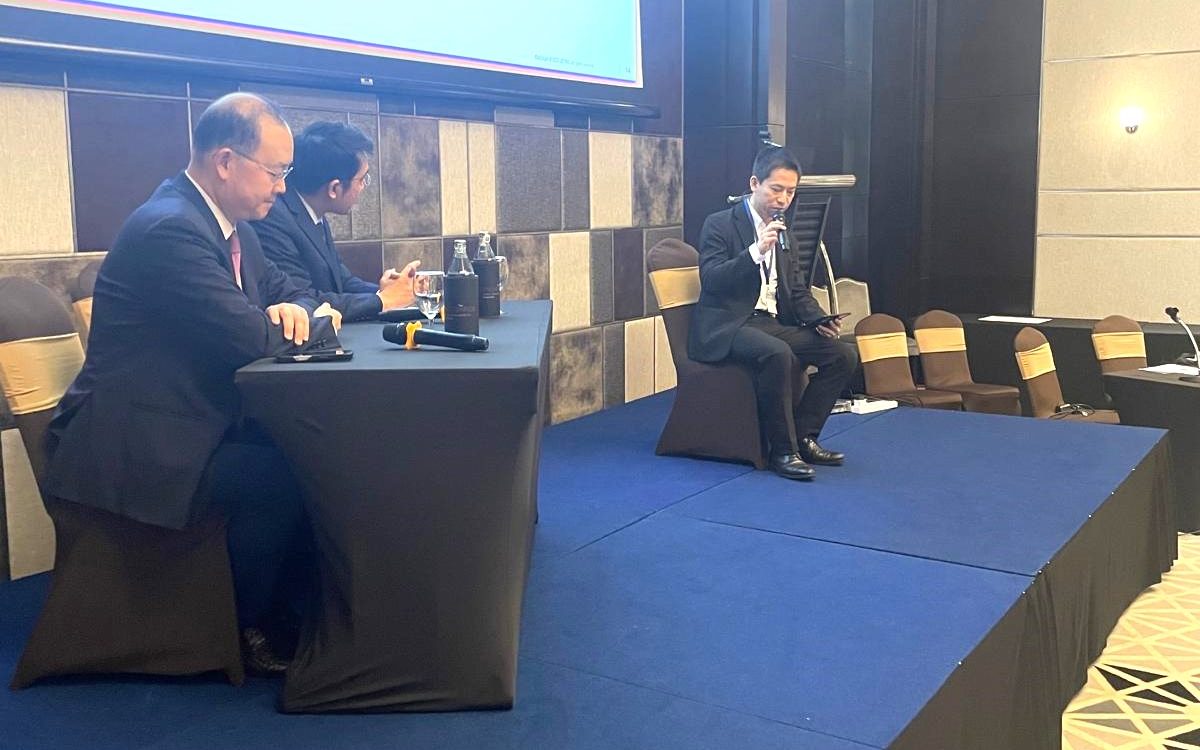
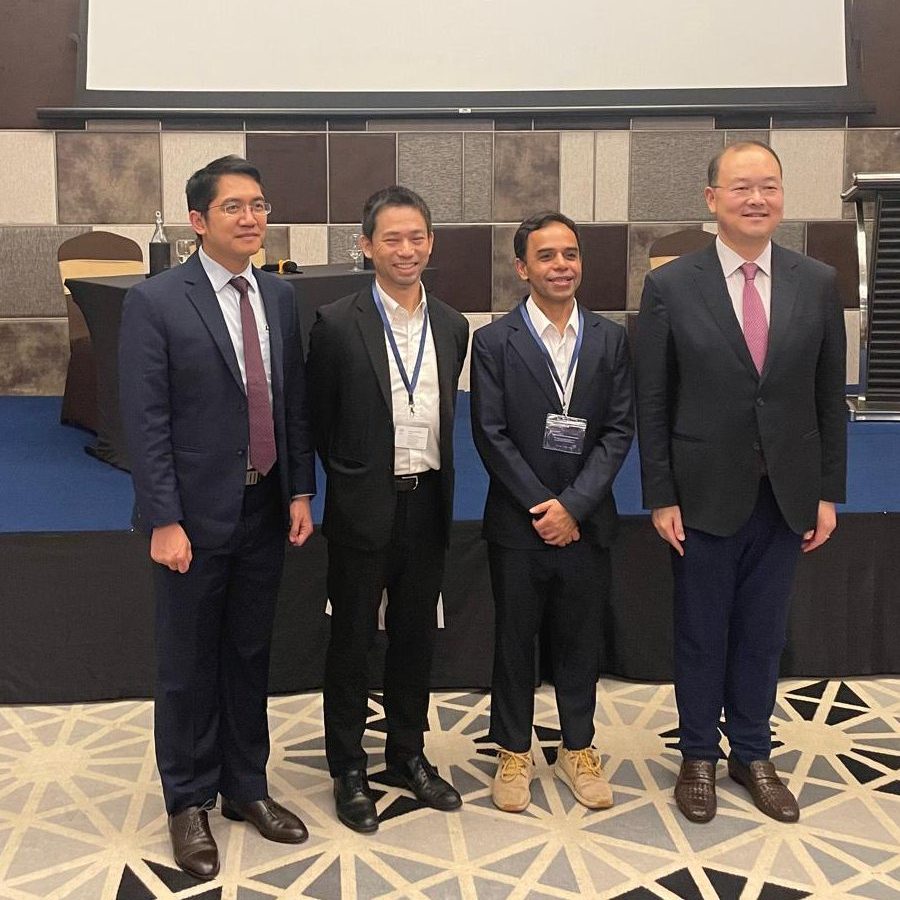
To find out more about how IGPI Group can provide support for businesses, browse through our insight articles or get in contact with us.
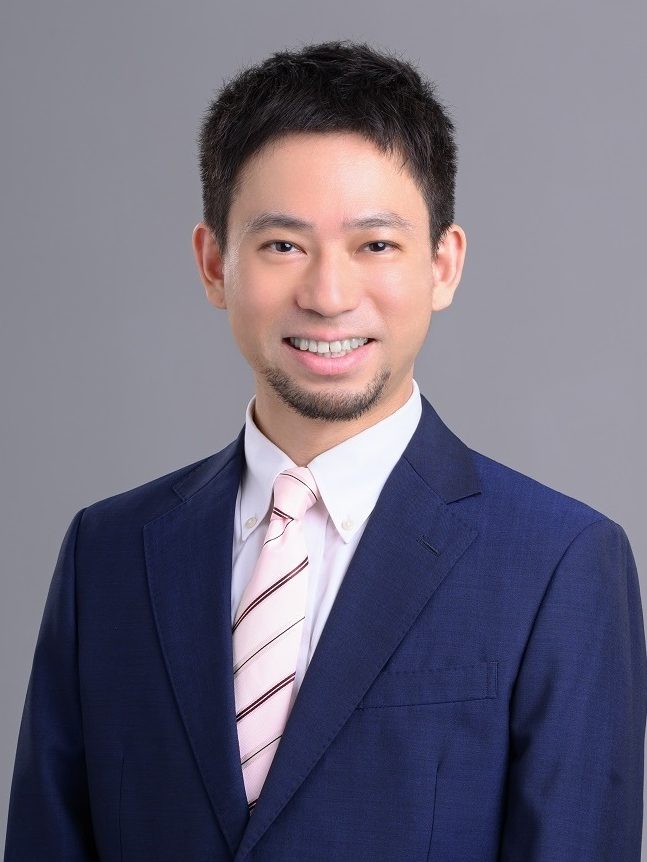
Kohki Sakata, Partner of IGPI Group & CEO of IGPI Singapore
After joining Cap Gemini and Coca Cola, Kohki joined Revamp Corporation where he managed projects on global expansion and turnaround in various sectors including F&B, healthcare, retail, IT, etc. After joining IGPI, he has managed projects mainly on global expansion and cross border M&A in various sectors such as logistics, IT, telecom, retail, etc. In addition to his broad experience in implementing solutions that has been developed in Western countries, he has developed multiple methods to turnaround Asian companies with focus on setting clear vision and employee empowerment. Kohki has proven the practicality of these methods by turning around Asian companies not only as an advisor but also as senior management.
He graduated from Waseda University Department of Political Science and Economics and IE Business School.

Shivaji Das, Managing Director of IGPI Singapore
Shivaji has over 20 years of strategy consulting experience, specializing in New Business Models, Innovation Roadmaps, and Sustainability Journeys. He has worked with private and public sector clients across 25 countries in sectors like Technology, Semiconductors, Chemicals, Healthcare, Renewable Energy, and Construction. Previously, Shivaji was a Partner and Managing Director-APAC at Frost & Sullivan. His paper on Artificial Intelligence was presented at CAINE-2000 in Hawaii, USA. He is the author of seven acclaimed travel, art and business books including The Visible Invisibles and Rebels, Traitors, Peacemakers (both Penguin Random House), as well as The Great Lockdown: lessons learned during the pandemic from organizations around the world (Wiley, USA).
He is an alumnus of IIT Delhi and IIM Calcutta.

Harsh Munim, Associate of IGPI Singapore
Harsh is a dynamic professional with an MBA from NUS Business School and a BBA in Finance from City University of Hong Kong, where he also had the opportunity to go on an exchange program to Indiana University Bloomington in the United States. With over 4 years of experience, Harsh brings a wealth of expertise to his role at IGPI. Prior to joining IGPI, he worked as a Senior Project Manager at an investment research firm in Hong Kong, where he managed diverse projects in South East Asia and Oceania. During his MBA, Harsh interned with IGPI, contributing to projects related to carbon credits, microgrids, and the consumer goods industry. He also gained valuable experience at IQVIA, where he supported global pharmaceutical companies on LOE strategy, segmentation, targeting, and go-to-market projects.
IGPI Group is a Japan rooted premium management consulting & Investment Group headquartered in Tokyo with a footprint in Osaka, Singapore, Hanoi, Shanghai & Melbourne, as well as parts of Europe and India. The organization was established in 2007 by former members of the Industrial Revitalization Corporation of Japan (IRCJ), a USD 100 billion sovereign wealth fund focusing on turn-around projects in Japan. IGPI Group has 13 institutional investors, including Nomura Holdings, SMBC, KDDI, Recruit & Sumitomo Corporation to name a few. IGPI Group has vast experience in supporting Fortune 500s, Govt. agencies, Universities, SMEs and funded startups across Asia and beyond for their strategic business needs and hands-on support across a wide variety of industries. IGPI group has ~8,500 employees on a consolidated basis.
* This material is intended merely for reference purposes based on our experience and is not intended to be comprehensive and does not constitute as advice. Information contained in this material has been obtained from sources believed to be reliable, but IGPI does not represent or warrant the quality, completeness, and accuracy of such information. All rights reserved by IGPI.